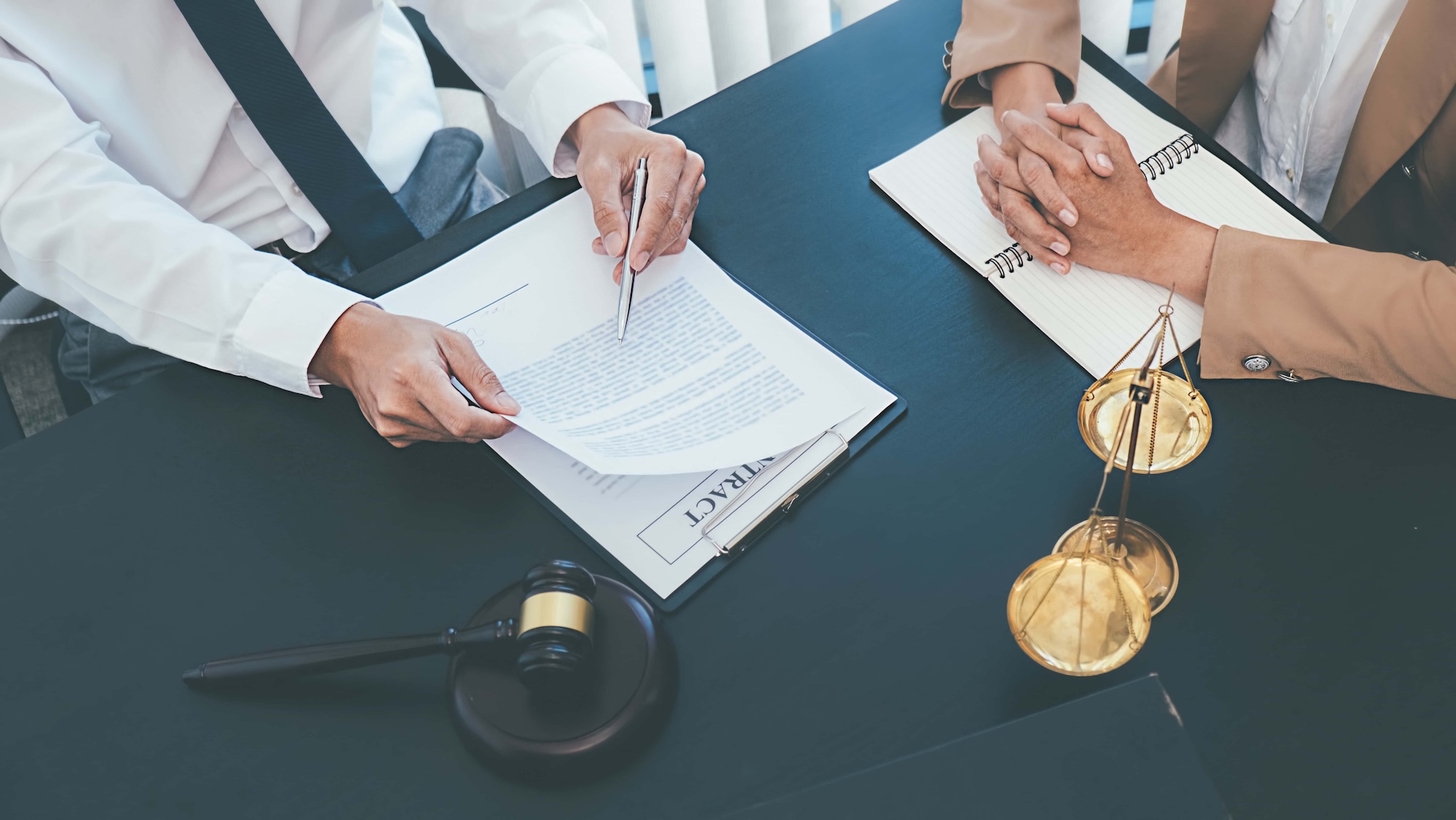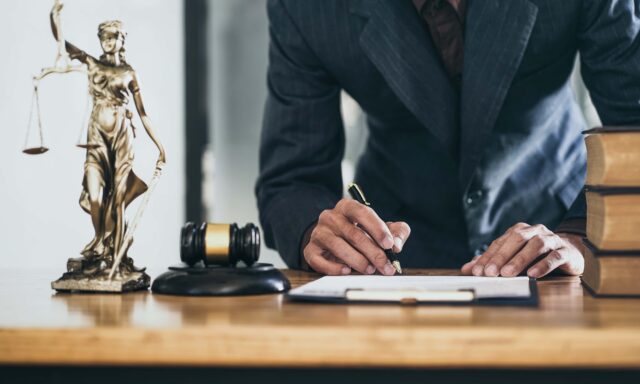For those who don’t fully understand what a credit report is, it is essentially your history of managing money and repaying debt which then calculates a score based on those factors.
Having a good or bad credit score can impact how likely you are to receive things such as loans but it will also impact the interest rates you have to pay on anything you have loaned.
If you have a low credit score you will be charged higher interest rates than if you have a good credit score. A good credit score is considered as anything being above 880. Obviously, there are plenty of things that can impact your credit score such as financial hardship.
One other thing is if you have incorrect items on your credit report, this can negatively impact your score and it may not even be your fault.
However, if you think that this has happened to you and it has hindered your credit score there are a few things that you can do to get the removed and get your credit score looking much healthier in the eyes of your lenders.
Get A Free Copy Of Your Report
The first step is to identify potential errors on your credit report. You are entitled to one free report annually from each of the three major credit bureaus (Equifax, Experian, and TransUnion). You can request these through AnnualCreditReport.com, the official website for this purpose.
Reviewing Your Report for Mistakes
Once you have your report, scrutinize it carefully. Look for:
- Incorrect account information: Check balances, open/closed dates, and payment history for any inaccuracies.
- Duplicate accounts: Sometimes the same account gets reported multiple times, negatively impacting your score.
- Accounts you don’t recognize: Identity theft can lead to fraudulent accounts opened in your name.
- Incorrect personal details: Verify your name, address, and social security number.
Disputing Errors
If you find errors, contact the credit bureau reporting the mistake (as outlined in the previous section on “Filing a Dispute”). Also contact the company that originally provided the information, as they can directly rectify the issue.
Why Regular Checks are Essential
- Preventative Action: Catching errors early prevents further damage to your credit score.
- Peace of Mind: Knowing your credit report is accurate relieves stress and potential issues when applying for loans, credit cards, or even seeking housing.
- Understanding Your Financial Picture: Reviewing your credit report helps you stay aware of your financial standing, overall debt, and payment habits.
Important Note: Staying vigilant with your credit report is an essential part of responsible financial management. It helps you avoid unexpected issues and protects against potential fraud – all of which ultimately makes managing your finances much easier.
Filing A Dispute
One thing that you can do to remove any incorrect information from your credit score is to file a dispute with your credit agency. The reason for this letter is that you think a mistake has been made with your report. What this does is notify your agency that you believe there has been a mistake made.
If you find incorrect information on your credit report, the first step is to file a dispute with the credit bureau reporting the error (Equifax, Experian, or TransUnion). Here’s how:
- Explain the Error: Clearly state what information you believe is wrong and why. For example, “This account was closed in 2022 and is incorrectly listed as open.”
- Provide Evidence: Support your claim with documentation, such as account statements, payment records, or letters from the creditor.
- Submit Online or by Mail: Most credit bureaus allow you to file disputes online or by mail. Check their websites for specific instructions and forms.
What Happens Next:
- Agency Investigation: The credit bureau must investigate your dispute, usually within 30-45 days. They will contact the company that provided the disputed information.
- Company’s Duty: The company reporting the information is legally obligated to review your dispute and provide accurate details to the credit bureau.
- Possible Outcomes:
- If the error is confirmed, the company must correct it, and the credit bureau will update your report.
- If the company cannot verify the information as accurate, the credit bureau must remove it from your report.
Additional Tips:
- Dispute with Multiple Bureaus: If the error appears on reports from multiple credit bureaus, file disputes with each one.
- Keep Records: Document everything – copies of your dispute letters, dates, and any communication with the credit bureaus or companies involved.
Pay-For-Delete
You can also consider a pay-for-delete option. Creditors only really care about the money and how much of it they can get back, so if you offer to pay for them to remove a negative entry, they may consider it as an incentive and remove the item for you.
However, this is only a request, and the agency has every right to deny it, it also places itself into a gray area as debt collectors are required by law to only report completely accurate credit information to the reporting agencies.
It will also not remove the account completely from the report, it may remove the actual account that is in collection. However, not the item from the actual creditor.
Goodwill Deletion
This may seem like a long shot, but it is still an option. You need to write to your creditor asking specifically for a “Goodwill Deletion” if you have taken the relative steps to pay down most of your debts and seem to be able to manage your money better you may be able to get your creditor to remove the mistake.
This isn’t guaranteed and you may not even get a response, this is mainly used for problems that are considered a “one off” meaning that you have only missed a single payment. However, if you are someone who has struggled to make payments historically this will not be your best option.
In Summary
Although unlikely it is possible for your creditors to make a mistake in reporting that you have missed a payment. As mentioned above there are a few things you can do to report them as errors and hopefully get them removed from your credit report.
The routes mentioned above are filing a dispute, pay-for-delete, goodwill deletion or getting a free copy of your report. Some of these are more successful than others such as, filing a dispute or manually checking through your credit report, both of these will ensure that you stay on top of your finances and that your creditors are aware of any potential mistakes that have been made.
Pay-for-delete and goodwill deletion are not as impactful as the previously mentioned routes you can take but in some cases are still successful, mainly for people who have missed only a single payment, but like mentioned before the incentive alone may be enough to make your creditor accept what you have requested.
If a mistake has been made on your credit report by law it has to be removed so don’t panic if you find one, you simply need to report the error.



